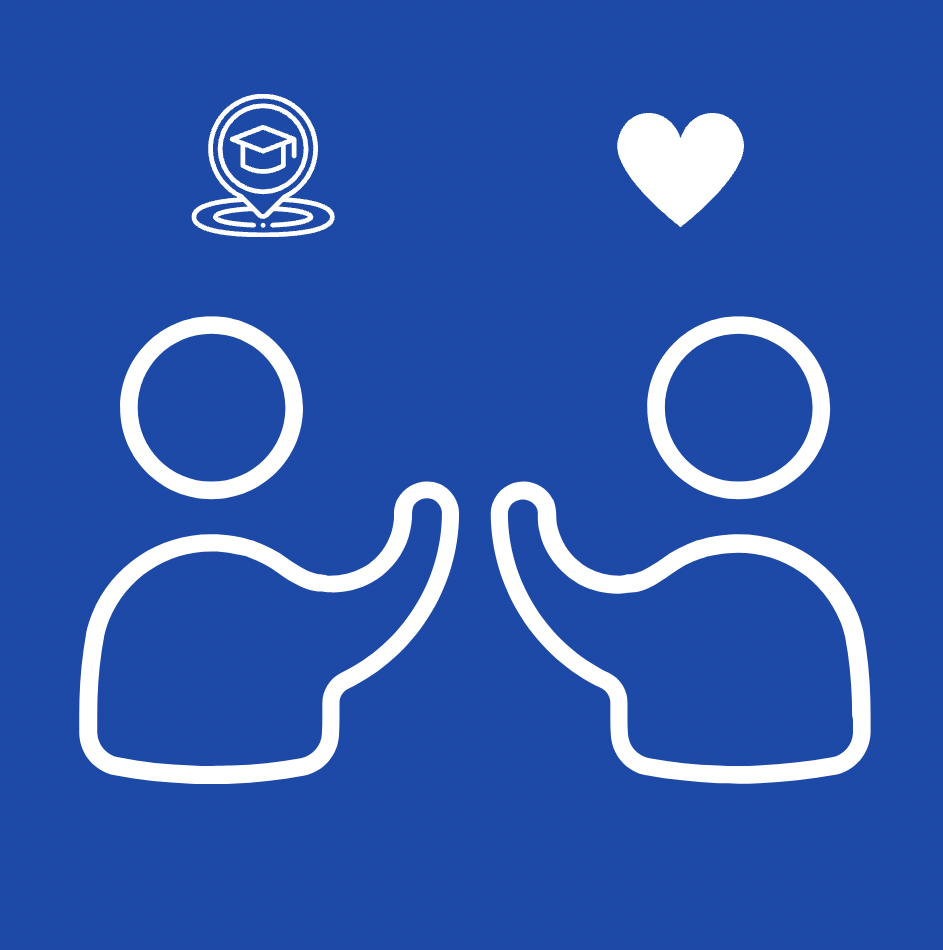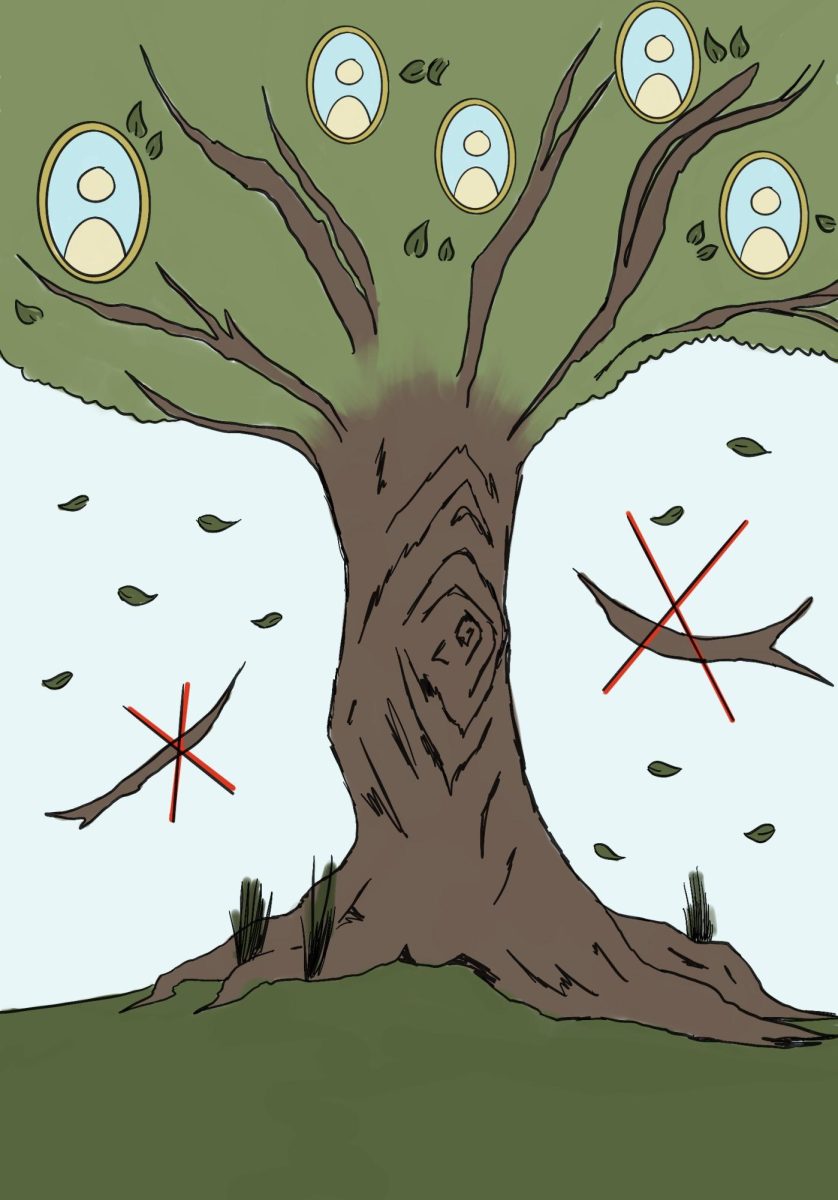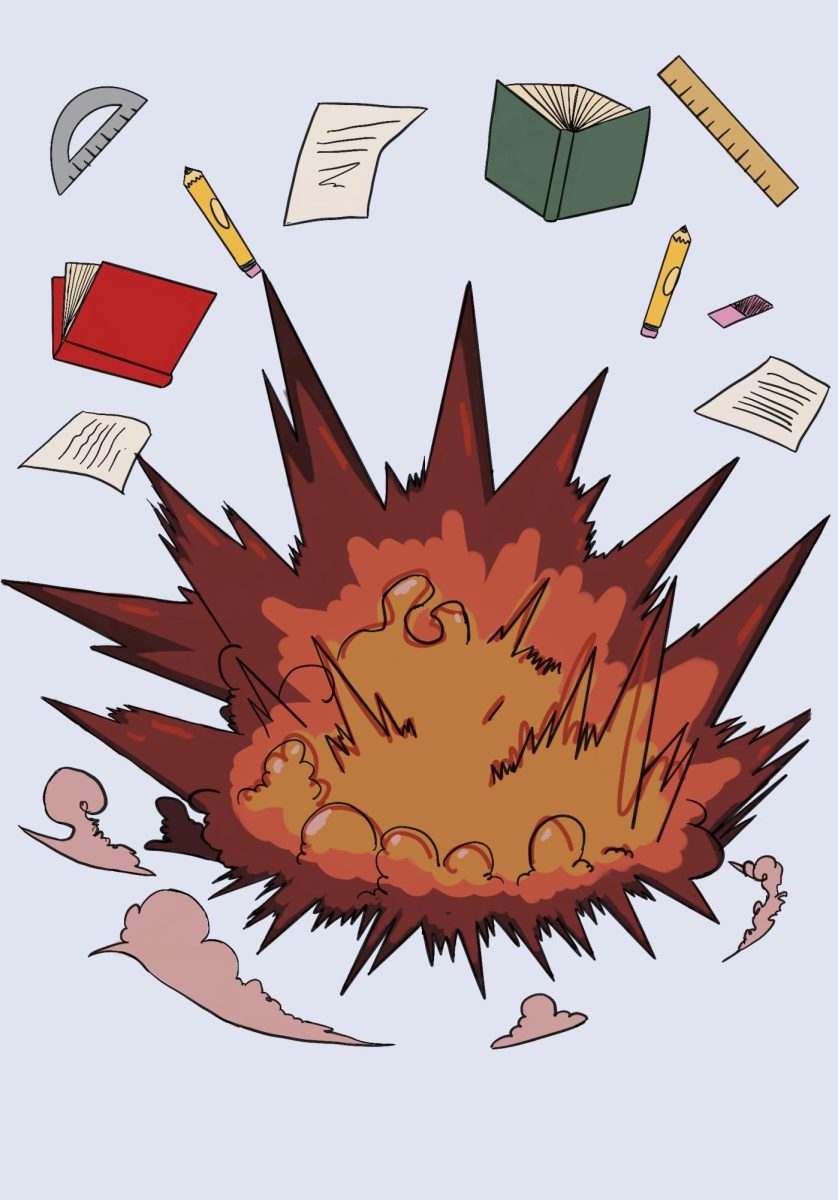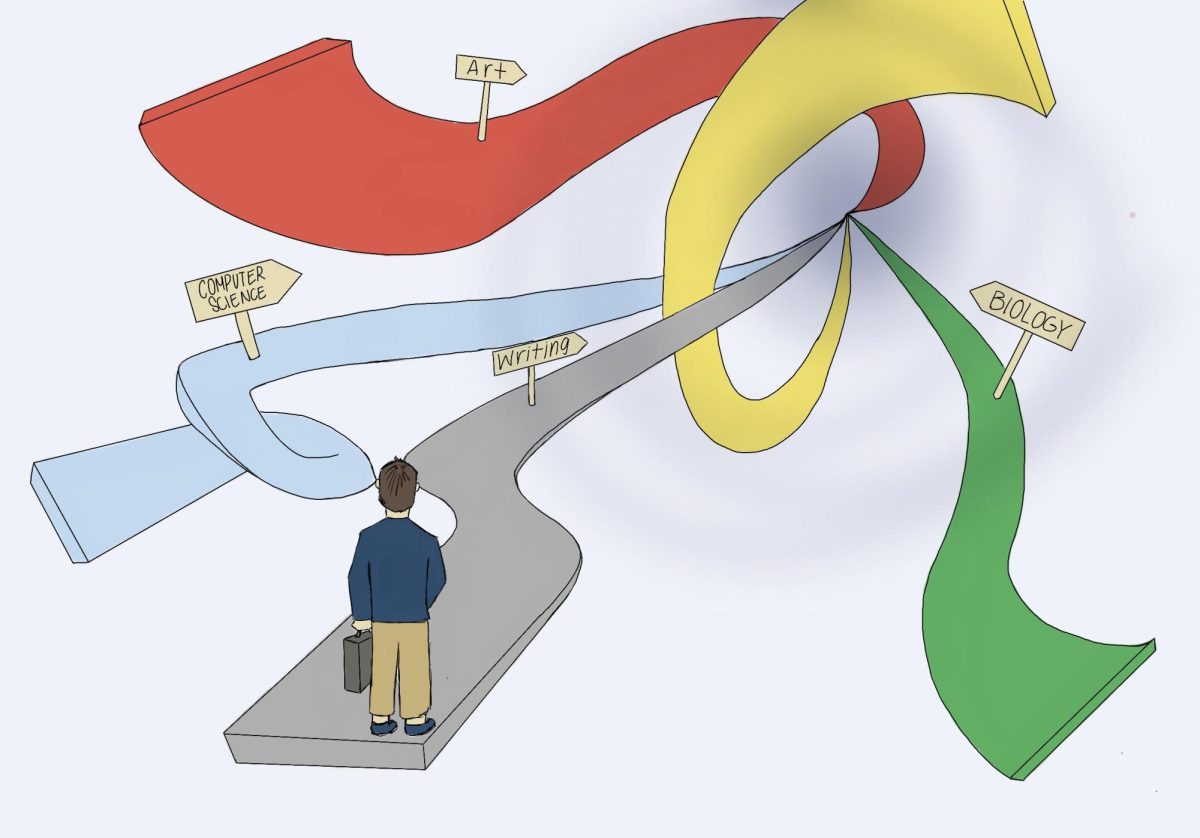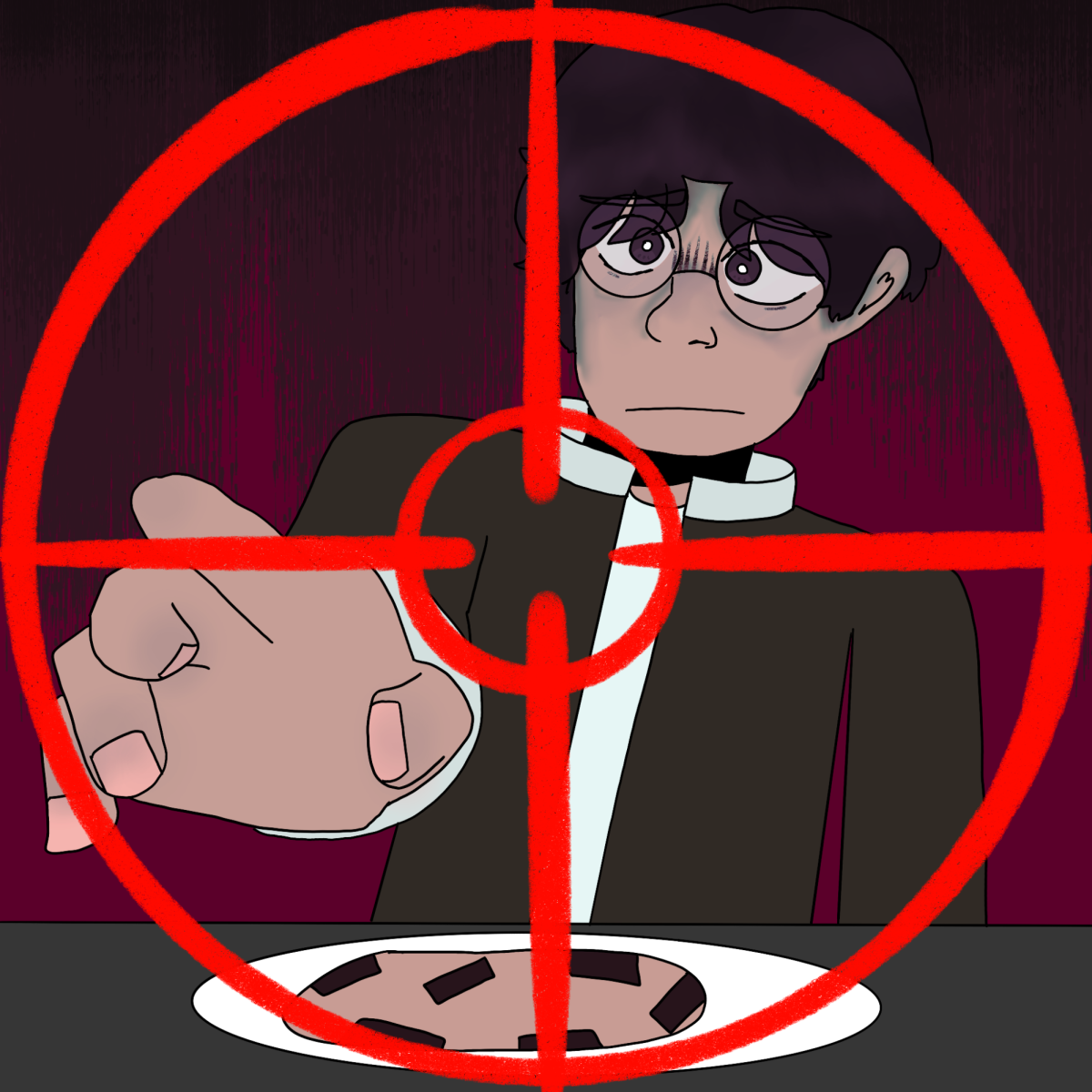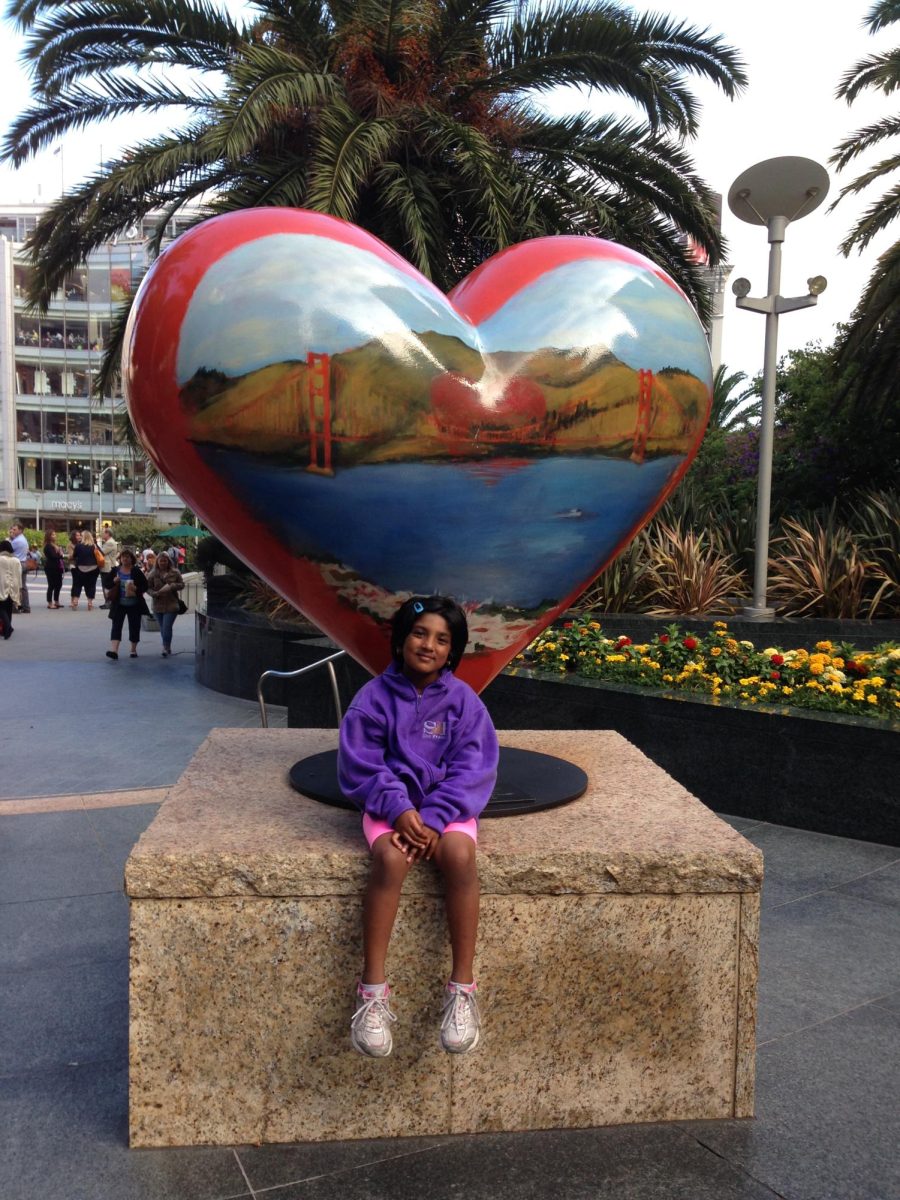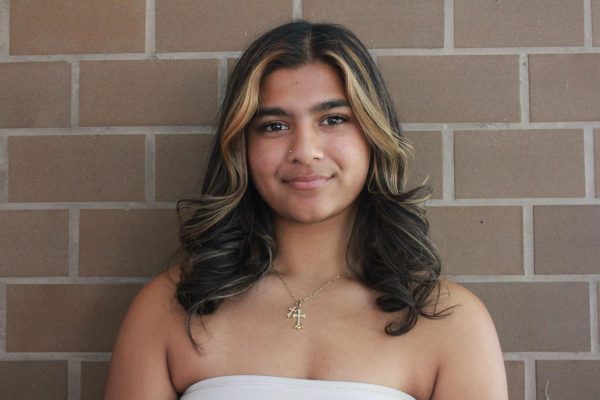Picture changing a person’s life. To help them in any way possible–whether that means giving them more access to resources, creating a safer space for them or donating supplies–you know you’ve made the world a better place through your hardwork and dedication. But it also looks great on your college applications, right?
Understand for a second, what gain from volunteering is more validating or fulfilling to you? Or to the people surrounding you?
With utmost honesty, the selling factor to all of these clubs, programs and other volunteer opportunities is the fact that they go towards your volunteer hour requirement. They can earn you CSF points, help you meet the NHS hour quota, or set your application apart from the countless others.
Most of us are guilty of engaging in this practice, particularly within the competitive culture of Dougherty Valley High School. During club day, the amount of clubs that don’t highlight the experience as fulfilling and meaningful but instead as just another title to bolster resumes is abundant.
The irony lies within the fact that colleges actually want to single out a student’s genuine passions, and volunteering is a perfect process to demonstrate them. However, it raises the question of whether it is truly a passion of the student if one of their initial thoughts is, “This will be a great addition to my college apps!”
Along with the use of volunteering to gain opportunities, many high schools in the nation make volunteering a prerequisite, driven by mandates from the UC system for a shot at acceptance.
But the second we make volunteering mandatory, it no longer truly qualifies as volunteering.
Rather than realizing the good within the actions students take to help out the community, many teenagers view it as a chore or another activity to cross off the list, which essentially diminishes the entire moral and personal fulfillment from being an engaged and active civilian of the community.
The truth is, a student’s reasonings behind choosing to volunteer could have no ill-intentions because the act in itself does good for the community. However, it poses an ethical question of the basis of the action. It really comes from within a corrupt system of colleges and competition in our society. With the competitive nature of DV, we see it even more within our friends and classmates. But to break out of the cycle, is to truly acknowledge and ask yourself, am I volunteering for the right reason?

